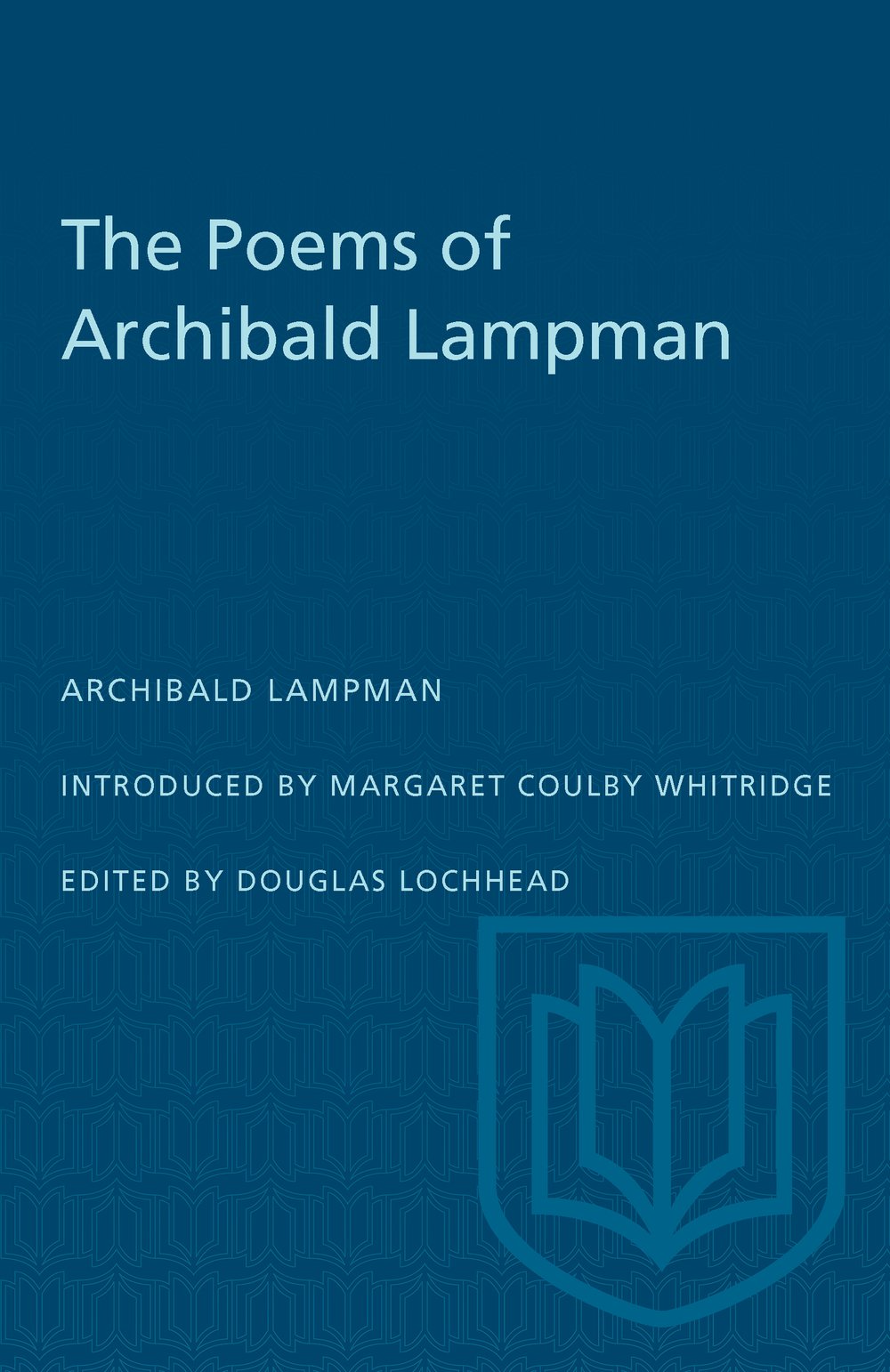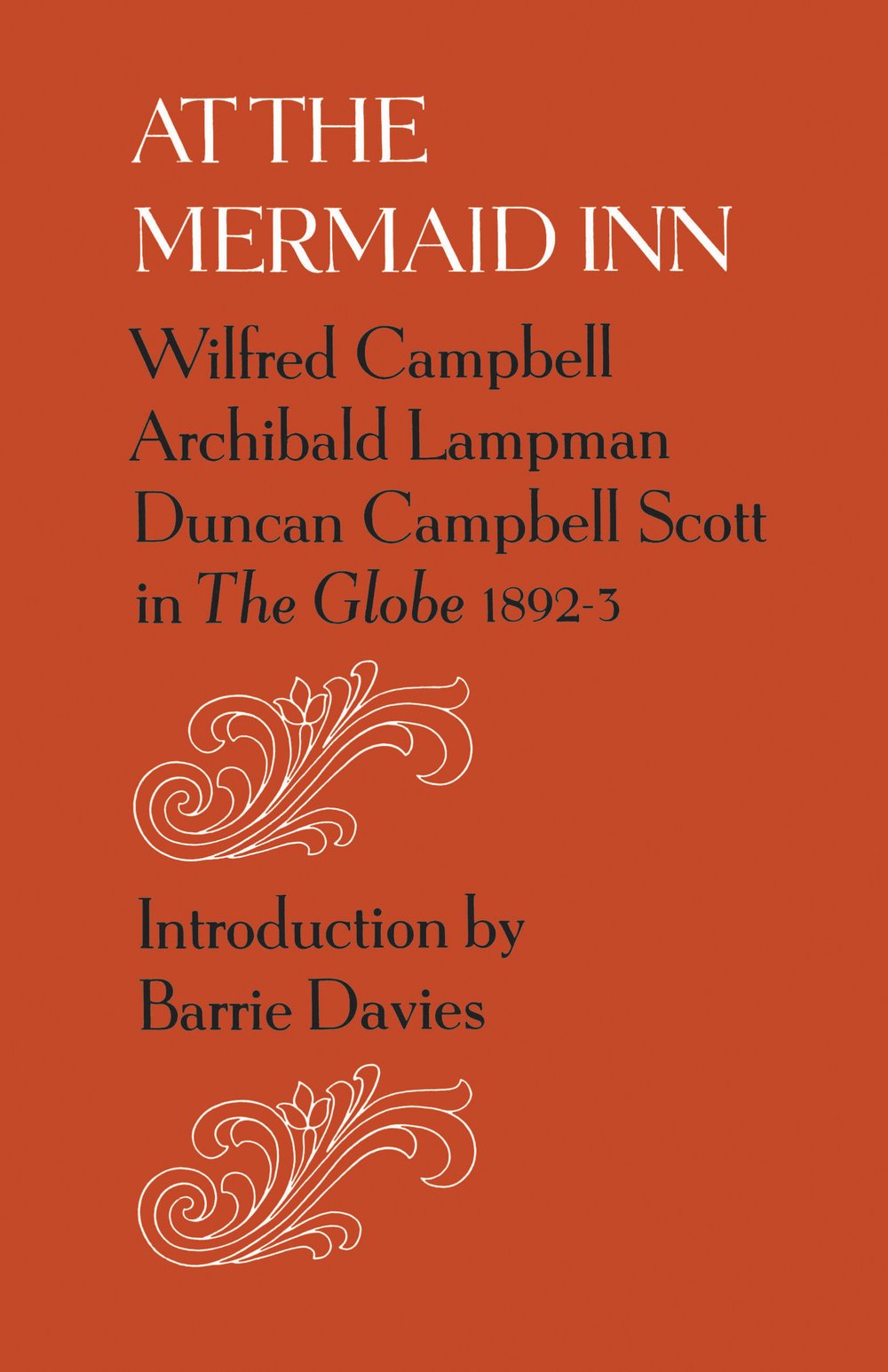The Poems of Archibald Lampman

In the period between 1880 and 1900, Archibald Lampman made an impressive contribution to the development of a distinctive indentity in Canadian literature. Although he is remembered chiefly as a nature poet of regional interest, his interest for us today lines in this unexpected modernism and the intensity with which he interpreted nature and city scenes. In his later poems social criticism and a melancholic mood supersede his earlier idealism, dreams, and thematic preoccupation with nature.
, a collection of 237 opems edited with a memoir by Duncan Campbell Scott after Lampman's death, and At the Long Sault and Other New Poems, which was hailed, when it first appeared in 1943, as 'the literary discovery of the year.' In Arthur Stringer's estimate, Lampman was the 'uncrowned poet laureate of Canada,' a comment that reflects the high esteem in which he was held.
'At the Long Sault,' according to some critics, signifies a new direction in Lampman's poetry: his concern with man's isolation and alienation from society. In this poem his breaks away from the ballad and sonnet forms which were his forte, and experiments with blank verse, the culmination of his poetic development. On the whole, his work manifests a tension arising from an uneasy balance of opposites -- fear and resignation, delight and the pain of losee, heat and cold, and life and death. Margaret Whitridge suggests that he was the first to strike an authentic note of fear in Canadian literature, in his poems about politicians and money-lenders, towering impersonal city buildings, and solitary figures prowling the city at night. This tension also reflects the difficulties he experienced in his personal life -- the failure of his marriage, the heart condition that condemned him to an early death, and the frustrations of being a socialist.

